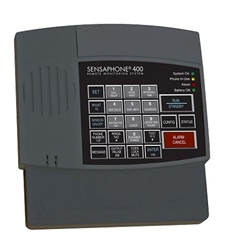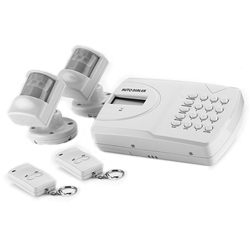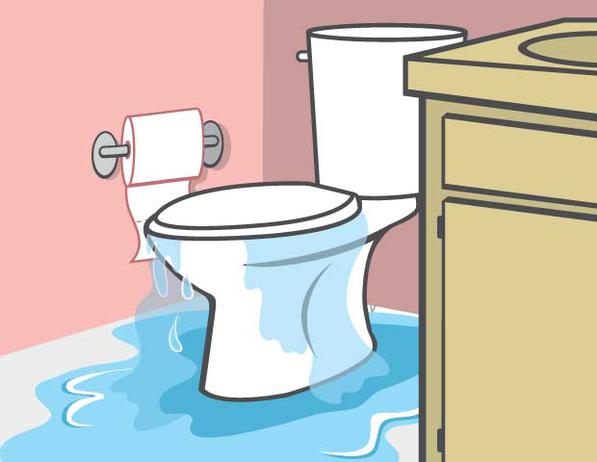The job of a home caretaker becomes a lot more difficult during the harsh winter months, especially up north where subzero temperatures, high winds, snow and ice can do serious damage. Power outages, freezing pipes, ice dams and flooding are a few of the weather-related conditions that caretakers are expected to watch out for.  Here are some helpful tips on hiring a residential caretaker and a few clever devices (like a freeze alarm) that can improve your caretaker’s ability to protect your home and property while you’re away.
1)  Hire a local – It only makes sense to hire an experienced caretaker who lives locally. He or she will be familiar with the area, have local contacts and be readily available if there’s a problem. Ask neighbors or real estate agents for referrals. Word-of-mouth is often the best way to find a trustworthy caretaker.
 2)  Review responsibilities – Put exactly what the caretaker’s duties will be in writing and agree on a schedule. A once-a-week walk-through should be the minimum. At each visit, ask your caretaker to walk around the outside of the house to look for exterior problems. He or she should also enter the house to inspect the windows, doors, plumbing and appliances and make sure the furnace and hot water heater are working properly.  Also ask him or her to look out for rodents, a common winter nuisance.
To make it easier for your caretaker to monitor for water problems in leak prone areas or near appliances, consider installing flood sensors that connect to a water shutoff valve controller or a remote monitoring system like the Sensaphone 400 CottageSitter. A special washing machine shutoff valve or a pair of automatic shutoff hoses can help prevent catastrophic washing machine leaks. Inexpensive shutoff hoses are also available for use on ice makers, dishwashers, toilets and faucets.
3)  Add an extra pair of eyes to watch for intruders — An outdoor video surveillance system with night vision cameras can serve as an extra pair of eyes to watch over your property 24/7.  Some of the newer systems allow viewing from anywhere via a smartphone or computer. Set up your surveillance system to send alerts to both you and your caretaker.
4)  Install a freeze alarm – A power outage or furnace failure can happen at any time (like the day after your caretaker’s weekly walk-through!), causing the temperature in your home to dip dangerously low.  You can prevent a freezing pipe fiasco by equipping your home with a freeze alarm. If the temperature in your house drops below your set-point, the freeze alarm will notify you and/or your caretaker of the problem. For homes without a landline phone or Internet service, a freeze alarm can send out alerts through a cellular terminal.![]()
A less expensive alternative to a freeze alarm is a low temperature alert warning light that you place in a highly-visible window. If the temperature drops below 30 degrees F, a red flashing light will alert friends or neighbors.
5)  Appoint your caretaker as first responder – Notify the local police that your caretaker will act as first responder in your absence. If your home is equipped with a security system – which is highly recommended for protecting any unoccupied residence – be sure the system is set up to send alerts to your caretaker (in addition to you) to avoid charges for excessive police responses.
6)  Service your furnace – One of the easiest ways to prevent furnace failure in the winter is to have it serviced annually prior to the heating season. If you have a hot air system, be sure to change the air filters at least once a year. If you heat with oil, fill the oil tanks before winter begins and sign up for automatic refills with your fuel provider.
Hiring a caretaker is a prudent way to protect your home and investment. You can help your caretaker be more effective by making sure they know your home and its systems and are aware of any past problems or trouble spots. Installing the home monitoring devices and equipment mentioned in this article will also help safeguard your home this winter when your caretaker isn’t around.



